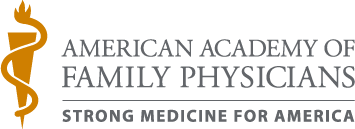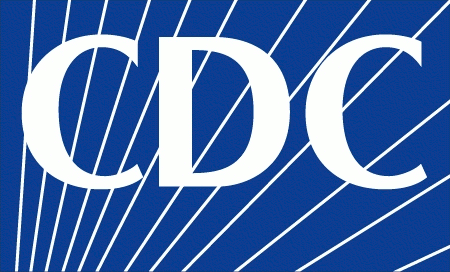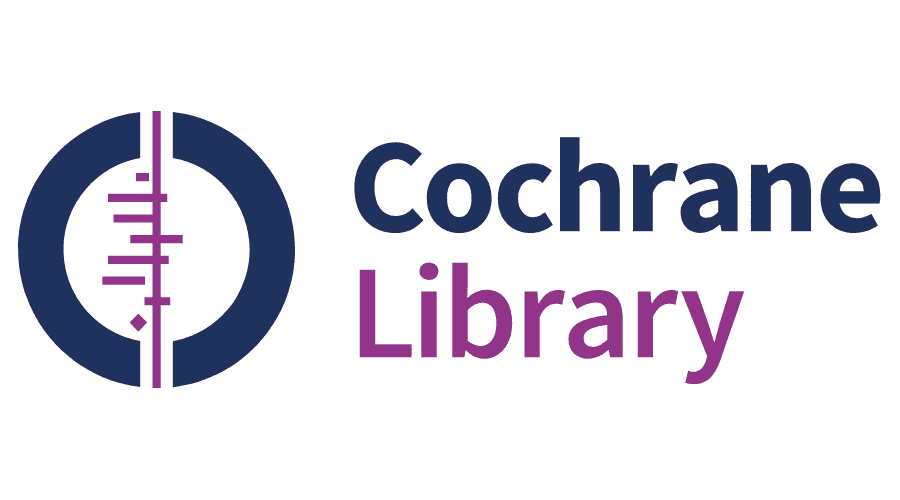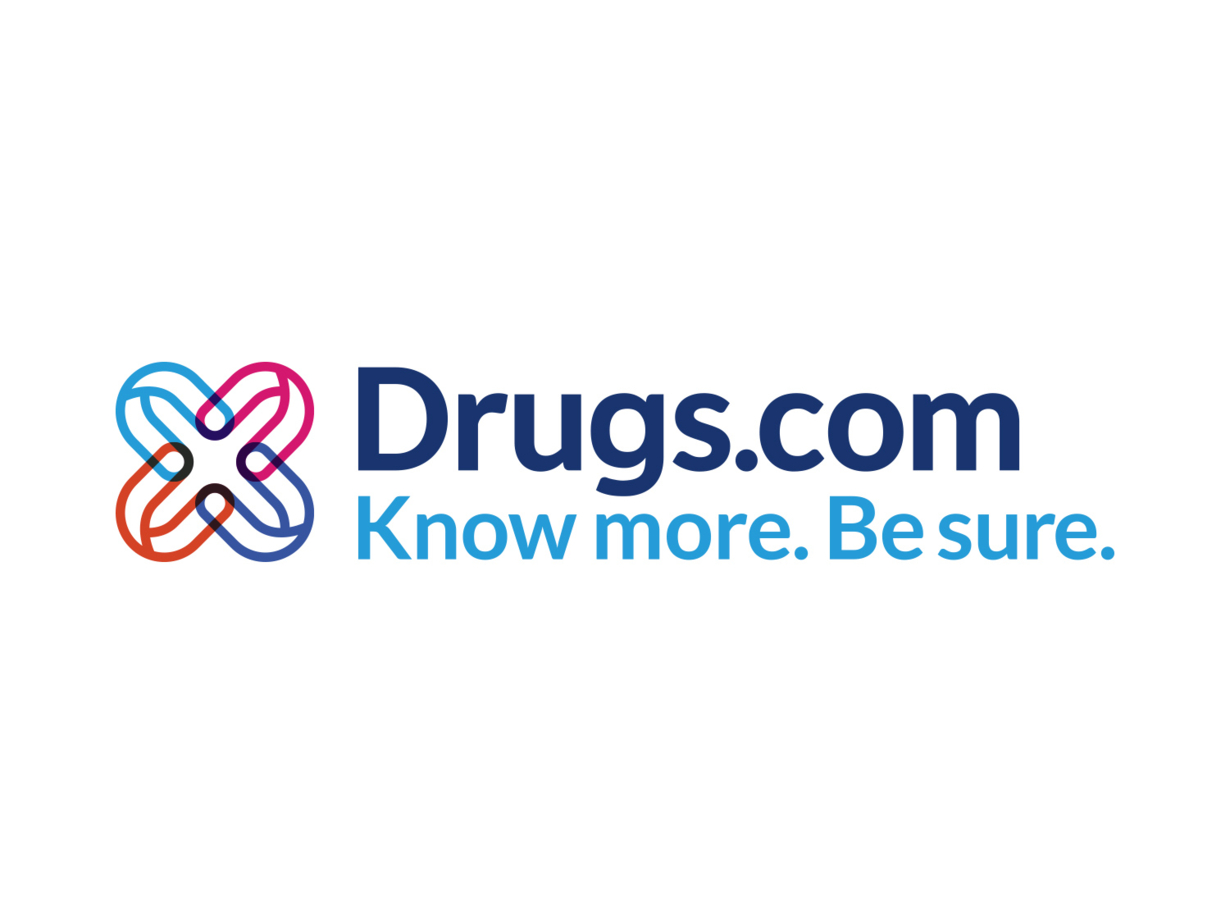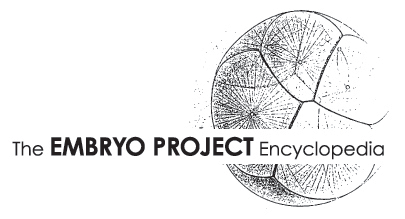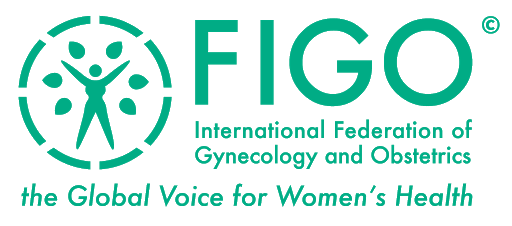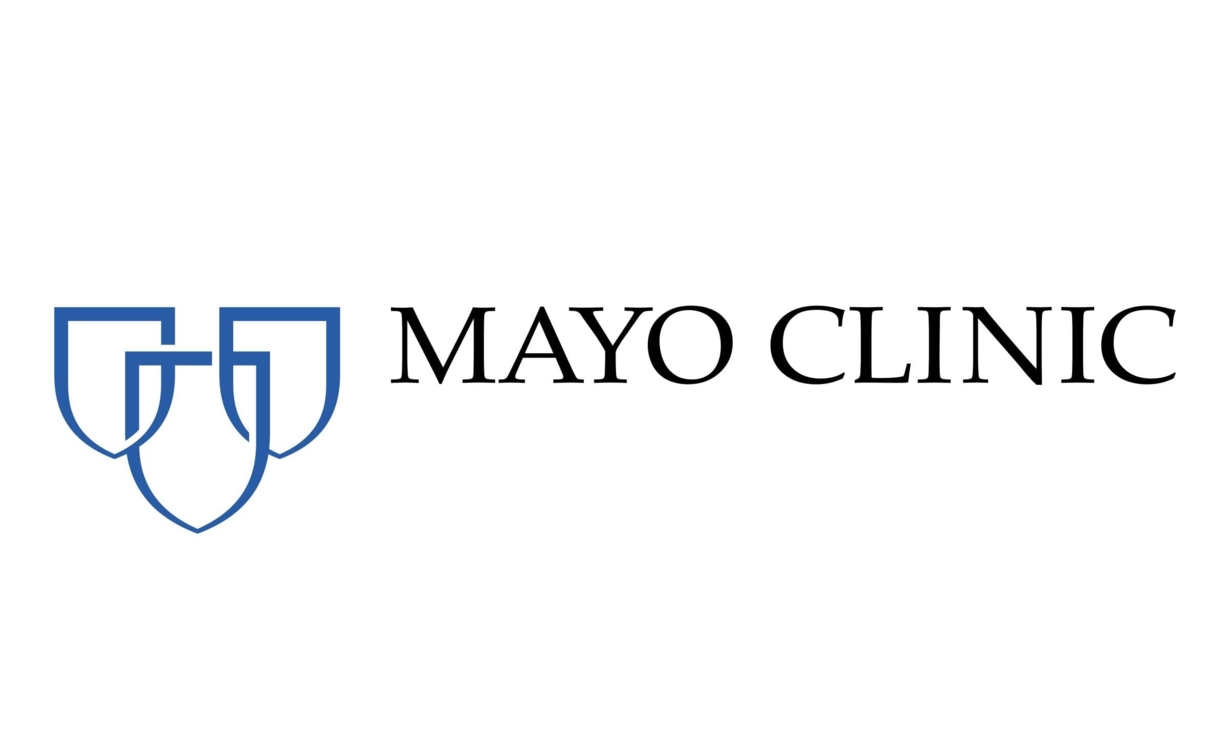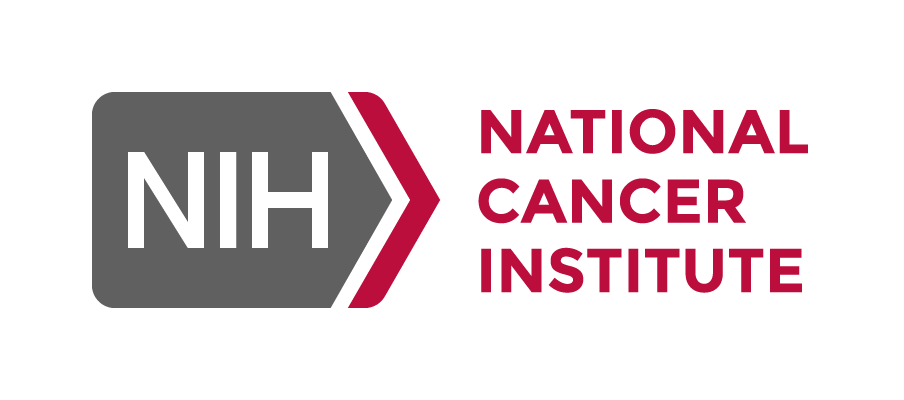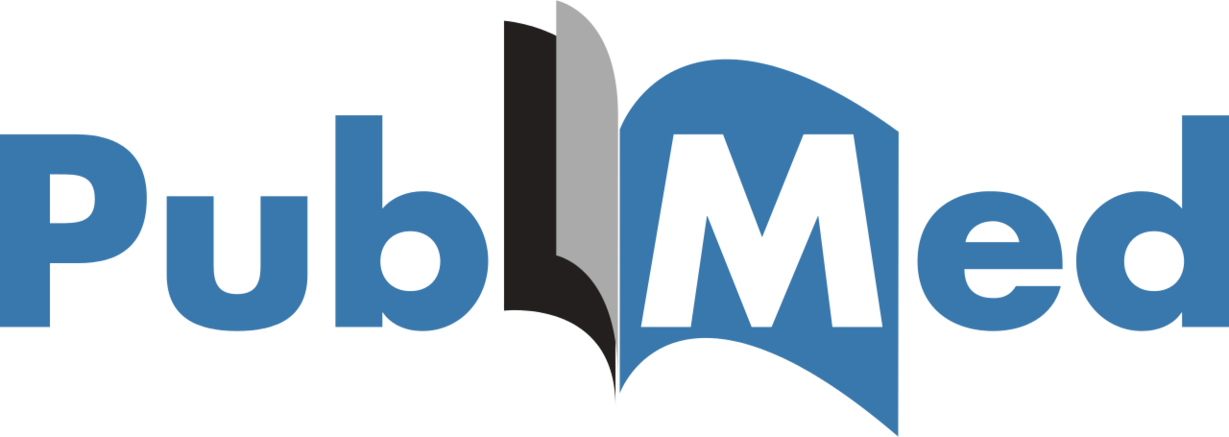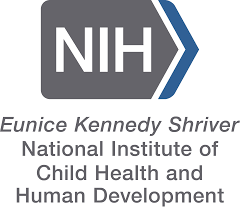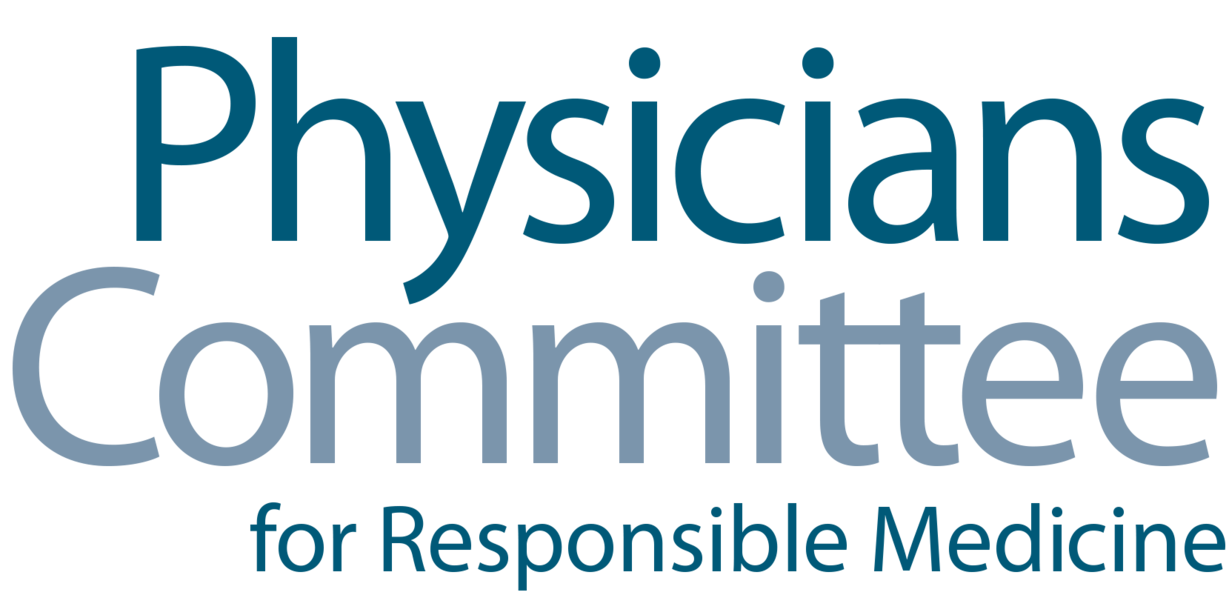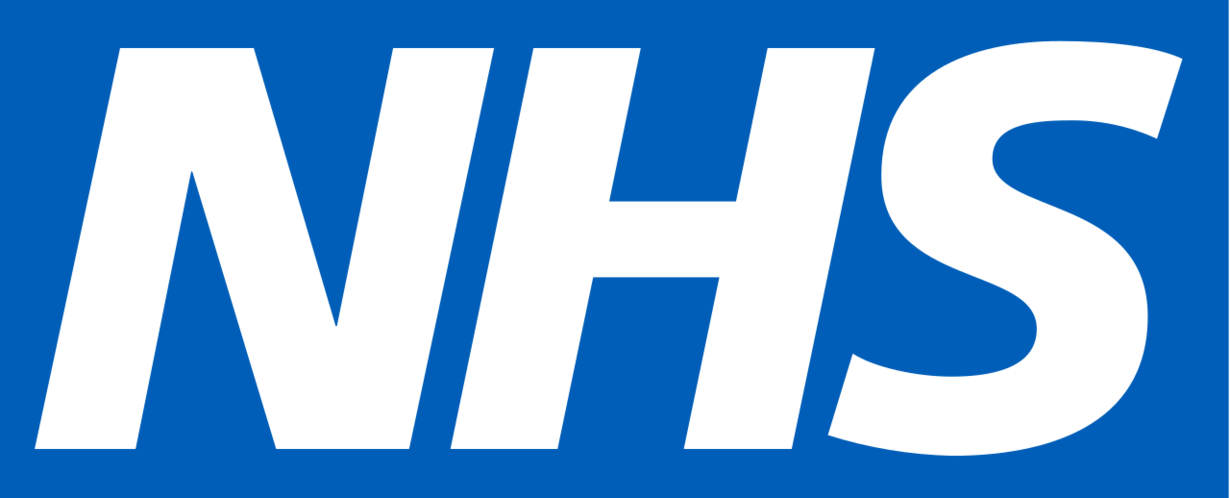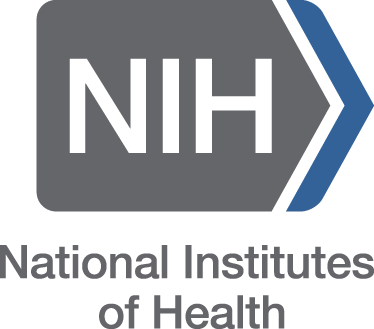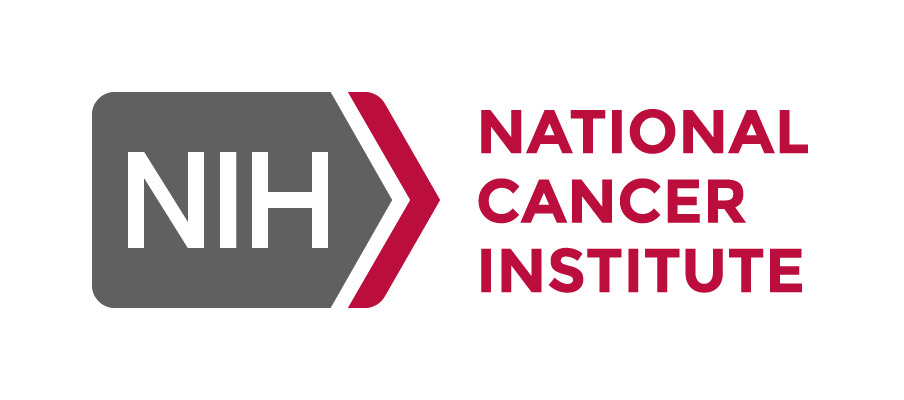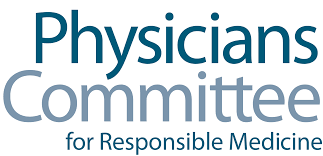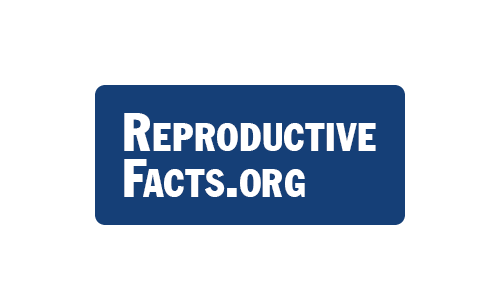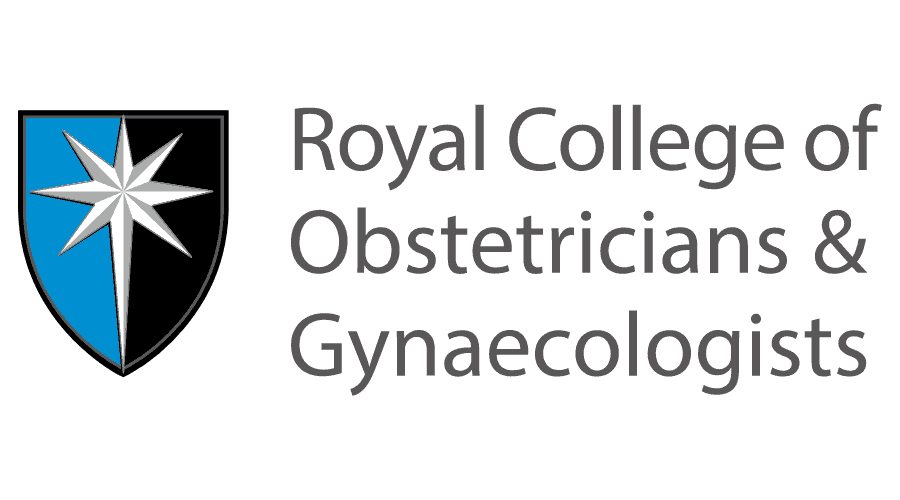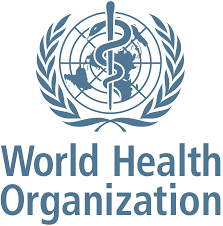Trusted Sources of Health Information
When it comes to learning about health, it’s important to make sure you get information from reliable sources.
The Flo team is committed to providing the most credible and recent medical data in our articles to ensure the safety and quality of our content. We do this by working with doctors and health experts. However, the studies, statistics, and quotes that you cite in your articles also play a key role in building this trust and credibility.
These sources can be split into two tiers:
Tier one
Tier one sources should be prioritized and include:
- Any research that Flo has worked on with another medical body (such as UNFPA or EBCOG)
- Clinical decision tools (like BMJ Practice)
- Guidelines created by governmental health departments (like NICE and NIH)
- Clinical information provided by professional bodies (like ACOG and RCOG)
- Specialist governmental health agencies (like the CDC, NHS, and WHO websites)
- Individual research studies published in peer-reviewed journals
Tier two
If you can’t find the information that you need from one of these sources, then you may turn to one of these sources:
- Academic books
- Websites created and run by charities or not-for-profit organizations
- Governmental websites
- Educational websites
When you’re looking at research and statistics, always ask yourself when the information was published. Could you find something more up to date? Is it in line with other research or information on the topic, and is it clear who created the content?
The list below includes examples of online libraries, databases, peer-reviewed journals, medical associations, medical guidelines, and sources that provide scientific evidence on specific subjects. When you’re writing your articles, you can use this list as a guide.


